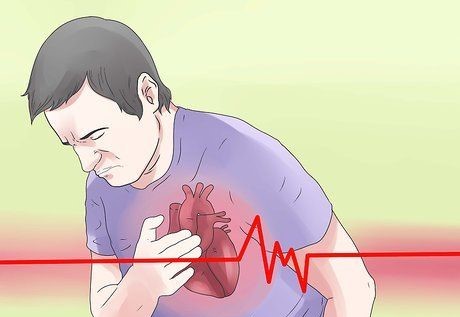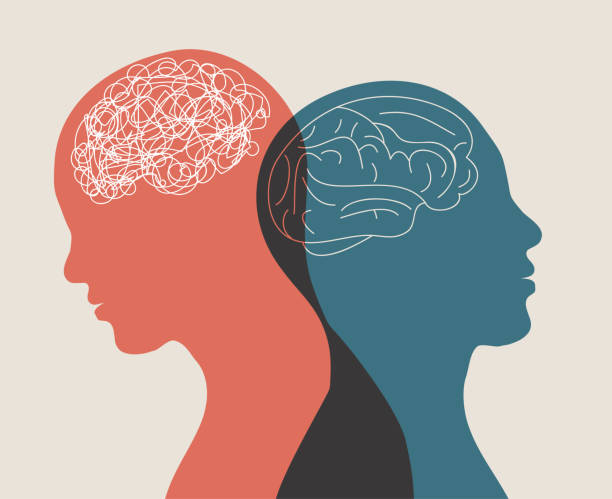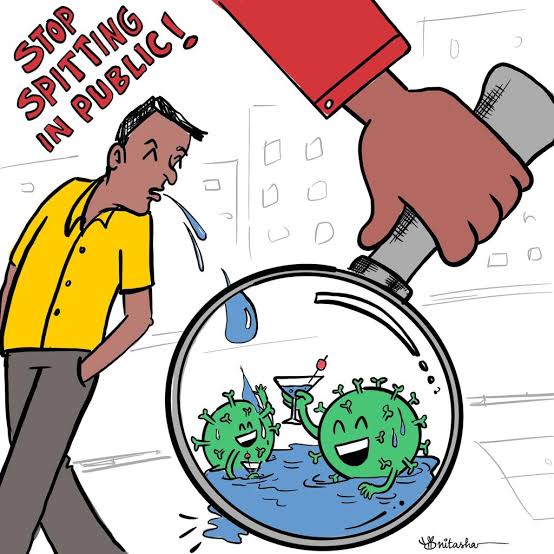
The Growing Pattern of Youth Heart Attacks
Heart attacks, formerly believed to be typically experienced by elderly people, are becoming more common in young adults. Researchers and medical professionals worldwide are concerned about this concerning trend.
To effectively address this expanding problem, it is essential to comprehend the causes, risk factors, symptoms, prevention techniques, and treatment of heart attacks. Through raising awareness and implementing suitable measures, we can endeavour to decrease the frequency of heart attacks among young adults.
Smoking, unhealthy diets, high-stress levels, sedentary lifestyles, and hereditary traits are some of the main causes of this growing trend. The risk of a heart attack can be considerably reduced by recognizing these risk factors and implementing the required lifestyle adjustments.
Early intervention for a heart attack also depends on being aware of its symptoms. Chest pain or discomfort, exhaustion, nausea, dizziness, and shortness of breath are typical symptoms. It’s critical to get medical help right away if you or someone you know is experiencing these symptoms. A balanced diet, regular exercise, stress reduction, and quitting smoking are all preventive measures that can help keep the heart healthy.
Treatment recommendations often opt for a multidisciplinary strategy that includes lifestyle changes, medication, and cardiac rehabilitation programs. Improving results and lowering the risk of subsequent cardiac events require prompt medical intervention and adherence to recommended treatments. We can work toward a healthier future by seriously addressing the rising trend of young adult heart attacks and putting strategies into place at the individual, family, governmental, and societal levels. Together, let’s tackle this important problem and give heart health a top priority.
Causes of Heart Attacks
Lifestyle Factors
Poor Diet: Consuming a diet high in saturated fats, trans fats, cholesterol, and sodium can contribute to the development of heart disease.
Lack of Exercise: Leading a sedentary lifestyle and not engaging in regular physical activity can increase the risk of heart attacks.
Stress: Chronic stress and unhealthy coping mechanisms may contribute to the development of heart disease.
Medical Conditions
High Blood Pressure: Uncontrolled high blood pressure puts extra strain on the heart and blood vessels, increasing the risk of heart attacks.
High Cholesterol Levels: Elevated levels of LDL cholesterol (bad cholesterol) and low levels of HDL cholesterol (good cholesterol) can lead to plaque formation in the arteries, narrowing them and reducing blood flow to the heart.
Diabetes: Individuals with diabetes are at a higher risk of developing heart disease due to the impact of high blood sugar levels on the blood vessels.
Obesity: Excess body weight can lead to conditions such as high blood pressure, high cholesterol, and diabetes, all of which contribute to heart disease
Family History of Heart Disease: Having a close relative with a history of heart disease increases the risk of developing heart attacks.
Other Causes
Drug Abuse: Substance abuse, including the use of illicit drugs and certain medications, can have detrimental effects on the heart and increase the risk of heart attacks.
Smoking and Second-Hand Smoke: Tobacco smoke contains harmful chemicals that can damage the heart and blood vessels, leading to the development of heart disease.
Risk Factors for Heart Attacks
Did you know that men are more likely to have heart attacks than women? However, women who have diabetes have a higher risk of heart attack than men with diabetes. Other risk factors include age, race, family history, poor diet, lack of exercise, smoking, and stress -to name a few. It’s crucial to understand the risk factors and take preventative measures before it’s too late.
-Dr. John Smith, Cardiologist
Prevention Methods for Heart Attacks
Stress Reduction :
Mindfulness meditation, yoga, and breathing exercises can help to reduce stress levels, and thereby lower the risk of heart attacks.
Some stress reduction techniques include:
a.Deep breathing exercises
b.Progressive muscle relaxation
c.Guided imagery
Healthy Diet :
Eating a diet rich in fruits, vegetables, lean protein, and whole grains can improve heart health and lower the risk of heart attack.
Some key components of a healthy diet include:
a.Limiting saturated and trans fats
b.Choosing lean sources of protein Including plenty of fruits and vegetables
c.Opting for whole grains
d.Reducing sodium intake
Physical Activity:
Aim to be active for at least 30 minutes a day. Exercise helps keep the heart strong and healthy while reducing the risk of heart attack.
Some types of physical activity that are beneficial for heart health include:
a.Aerobic exercises (e.g., brisk walking, cycling, swimming)
b.trength training exercises
c.Flexibility exercises (e.g., stretching, yoga)
Symptoms of Heart Attacks
Chest Discomfort
Pressure, tightness, or a squeezing sensation in the chest that lasts for a few minutes or comes and goes.
Upper Body Discomfort
Pain or discomfort in one or both arms, the neck, back, jaw, or stomach.
Shortness of Breath
Feeling out of breath even after light activity, with or without chest discomfort.
Cold Sweat
Faintness, light-headedness, or cold sweats.
Notably, these specific symptoms may differ among individuals. While some people may only have one or a combination of these symptoms, others may encounter all.
It’s critical to get medical help right away if you or someone you know is exhibiting these symptoms. Early intervention can potentially save lives and significantly improve the outcome.
Treatment for Heart Attacks
Aspirin: To help keep blood from clotting
Nitro-glycerine: To help improve blood flow to the heart
Thrombolytics: To dissolve the blood clot causing the heart attack
Stents: To help keep the blocked artery open
Impact of Heart Attacks on Young Adults
Young adults who have heart attacks suffer greatly on a physical and mental level. It may negatively impact their relationships, careers, and general quality of life.
Furthermore, the price of recovery and treatment may be high. It is important not to minimize the stress of such a serious health issue or the disruption it has caused to their lives.
Statistics and Research on Heart Attacks
Research shows that heart attacks have increased by 25% in the last decade in adults aged 35-40 years. Furthermore, about 40% of heart attacks occur in people younger than 65 years. These statistics underscore the need for greater awareness, prevention, and treatment of heart attacks in young adults.
-Dr. Sarah Johnson, Cardiologist

